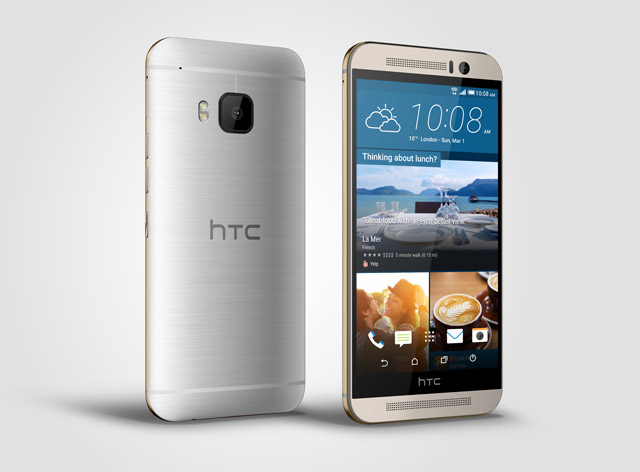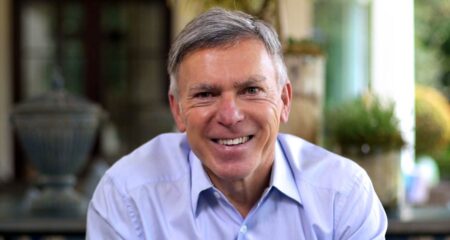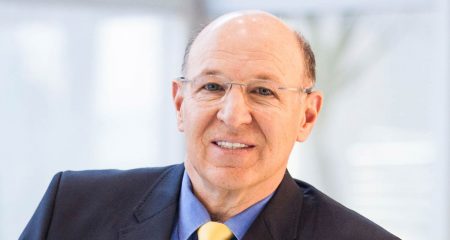 As Samsung begins the first weekend of sales in South Africa of its new flagship smartphones, the Galaxy S6 and the curved-screen Galaxy S6 edge, rivals Apple and HTC are upping their game in the local market.
As Samsung begins the first weekend of sales in South Africa of its new flagship smartphones, the Galaxy S6 and the curved-screen Galaxy S6 edge, rivals Apple and HTC are upping their game in the local market.
Apple, it emerged this week, is establishing an office in South Africa. It’s the first time it’s had a direct presence here since 1999, when it disinvested for financial reasons.
But it’s not coming back into the country to take over from its distributor Core Group, which handles sales of its Mac, iPad and iPod lines. Rather, it appears the move is aimed mainly at bolstering its relations with mobile network operators.
Until now, Apple has tried to manage its relationships with Vodacom, MTN, Cell C and Telkom from Europe. The decision to open a South African office — and to hire former Hauwei and BlackBerry executive Michael Marcus to head up telecommunications at the subsidiary — shows that looking after this market from thousands of kilometres away has been difficult.
Does Apple’s move signal the start of bigger investment plans for the local market? Could the company finally be opening its own retail stores here? It’s difficult to say.
Its relationship with Core Group seems to have worked well for both parties, but it is a bit odd that it hasn’t had even a basic direct presence in a (not insignificant) market like South Africa. Its rivals — companies such as Google and Microsoft and PC makers like Lenovo — are active on the ground here and have been for years.
When Apple disinvested 16 years ago, the company’s future was far from rosy. Just two years earlier, Wired magazine had famously put the Apple logo on its cover surrounded by barbed wire above a one-word headline: “Pray”. Today, Apple is the world’s most valuable company, towering over rivals such as Microsoft and Google. Perhaps it’s time, then, that it intensified its focus on emerging markets in Africa.
Taiwan’s HTC is tiny next to Apple, but the company’s products have a fiercely loyal following. It’s for that reason that fans of the company’s Android-powered handsets will be pleased to hear that it appears finally to be taking the South African market more seriously.
The company this week launched its new flagship device, the One M9, in South Africa. The phone, first unveiled at Mobile World Congress in Barcelona in March, will go on sale on 1 June, with preorders starting next month. The M9 is the follow-up to last year’s well-received M8 model.

HTC’s regional head of marketing, Neeraj Seth, admits that the company has run hot and cold towards the South African market, though he emphasises it has never completely abandoned the market. Last year, it dropped Ingram Micro as its its local distributor, opting for a direct presence in the country and working with fulfilment partner Brightstar.
The company first entered South Africa with distributor Leaf International more than 10 years ago, before coming in directly by opening its own offices in 2012. After a short period running its own operation here, HTC pulled out of the country and appointed Ingram Micro to act as a distributor.
The company has assured nervous clients that they will get after-sales service, including repairs to broken phones. “The after-sales issue has been sorted out,” Seth says. “We have an appointed partner and have operators that can take care of after-sales service in-house as well.”
Despite past problems, Seth says HTC’s own research has found no consumer negativity towards the brand in South Africa. He has vowed not to repeat the mistakes of the past. “South Africa is one of our core markets.”
Although HTC’s focus in South Africa will for now be on the flagship M9, it may later also target mid-tier consumers with its Desire range, though no plans have been formalised in this regard.
Douglas Jewson, director for Africa distribution and sales at Brightstar, says there simply isn’t the marketing muscle to “paint the whole town HTC” yet. “We will create demand and a ‘wow’ factor. Once we have that, we will expand on the portfolio.”
- Duncan McLeod is editor of TechCentral. Find him on Twitter
- This column was first published in the Sunday Times




